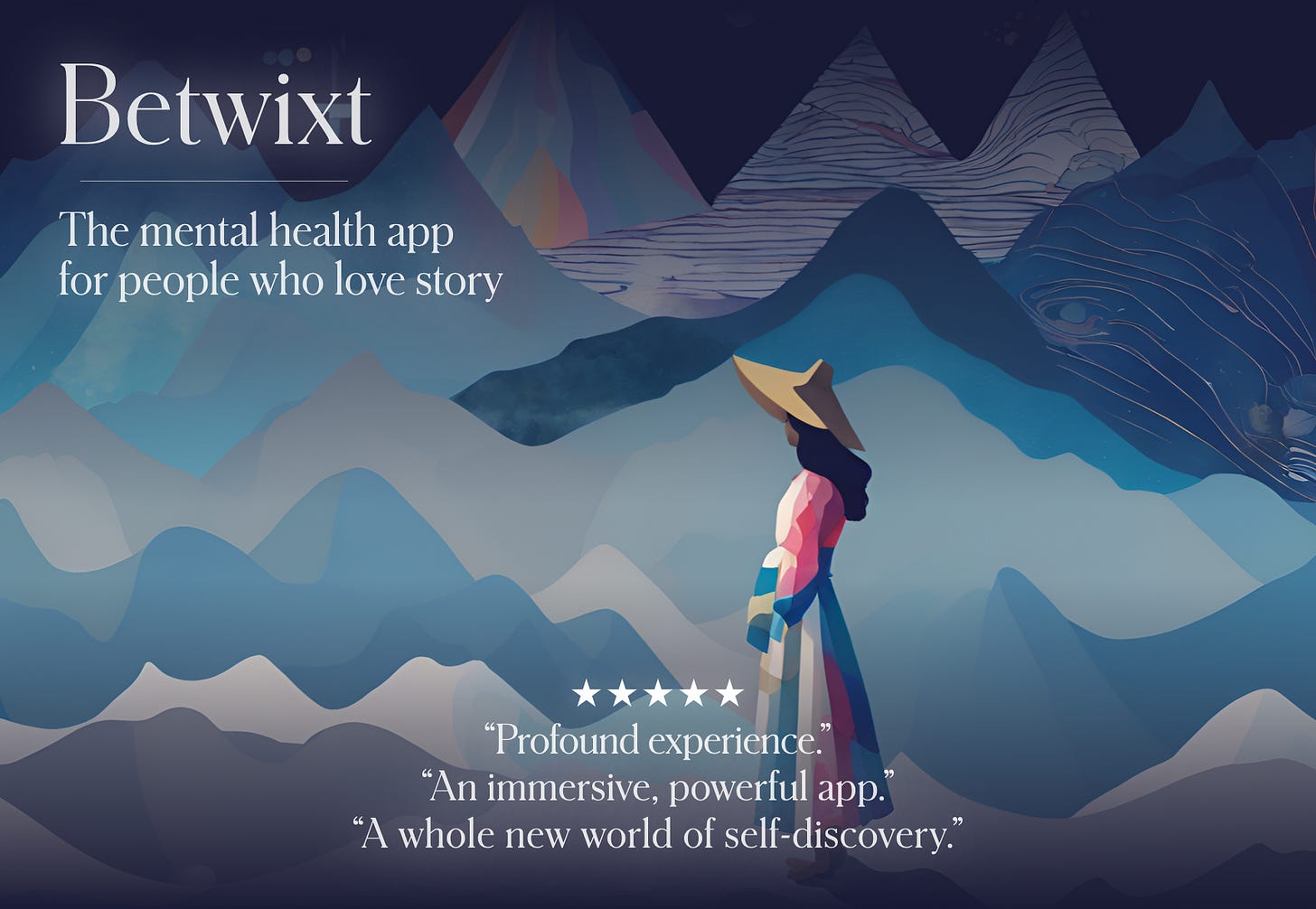How to be a better friend (according to science)
Five questions you should ask to help someone work through a problem
Supporting a friend in need is difficult and most people get it wrong. Sure, we know what NOT to do when someone comes to us for support with an emotionally challenging problem:
Don't give unsolicited advice.
Don't compare their situation to other people's.
Don't minimize.
Don't patronize or express pity.
But… don't agree too much either, because you'll compound their negative perspectives.
Now this is all good advice, but it doesn't tell us what we SHOULD do.
Thankfully, a study published in 2019 gives us some clues.
"Drawing from prior research on meaning-making and self-reflection, we predicted that cueing participants to reconstrue their experience in ways that lead them to focus on it from a broader perspective during a conversation would buffer them against negative affect and enhance their sense of closure compared with cueing them to recount the emotionally arousing details concerning what happened. Results supported this prediction.”
David Lee et al., 2019
The researchers set out to test whether encouraging someone in distress to reconstruct – as opposed to reliving – their negative experience would reduce the intensity of emotions that they felt. They did indeed find this to be the case and the subjects in their study achieved the healing distance when asked just five particular questions. Here they are:
1. Looking at the situation, could you tell me why this event was stressful to you?
2. Why do you think you reacted to (the event/the person) that way?
3. Why do you think (the other person in your experience) reacted that way?
4. Have you learned anything from this experience, and if so, would you mind sharing it with me?
5. In the grand scheme of things, if you look at the “big picture,” does that help you make sense of this experience? Why or why not?
I hope this helps or at least gives you some food for thought.
Thank you for reading!
We’re Hazel (ex boxer, therapist and author) and Ellie (ex psychology science writer). We left our jobs to build an interactive narrative app for self-awareness and emotion regulation (Betwixt), which you can try on Android here and on iOS here.





It’s nice to read this, as I’ve got a good friend going through some stressful stuff right now and it’s important to me that I provide worthwhile support to him. I’m just going to have to translate that stuff into … whatever is the way we talk to each other. Guy talk? I’ll make it simpler, more direct.
I took a screenshot of these 5 questions so I can reference them - for myself as well as my friends! I have Borderline Personality Disorder, so I'm all too familiar with intense emotions.